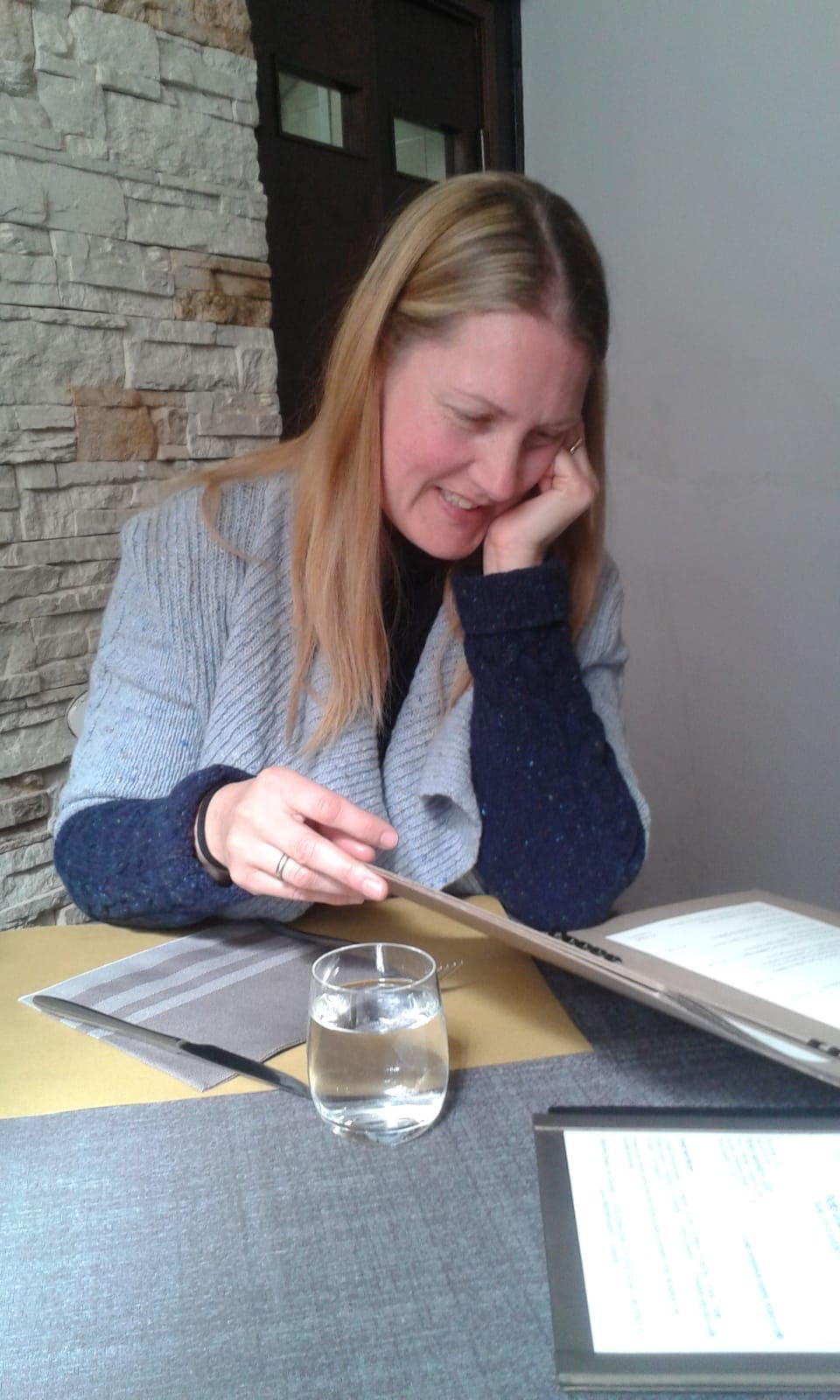Luckily temperatures have now returned to being mild, but oh boy, a couple of weeks ago it has been extremely cold for December here in Ireland! I happened to spend that time in open air Christmas markets to sell my pottery to the wider public and it has been challenging. I have often thought about animals doing their winter sleep when it’s cold and what a perfect solution that would be for me too.
Before our modern hectic times, when man lived closer to nature and listened to a more natural rhythm of life, winter meant shorter and colder days, less work (on the fields) and generally less intense activity. A light kind of hibernation if I may. This is in sharp contrast with what is required from us nowadays, where the end of the year coincides with a generally intense and extra busy time at work in combination with the preparation for Christmas, both on a social and organizational level.
I would therefore be very often spend Christmas in bed or the couch with a severe cold or the flu. The body would simply give a strong signal that it all had been too much and forcing me to rest by giving forfeit. This year was not different.
Why is it that we continue insisting in these stressful and body weakening rhythms? When are we starting to listen to our bodies? For me it is still a learning process, but I start being mindful about it. I got interested by studies concerning sleep and what role sleep has on our brain function and general health and I did some research.
Sleep is crucial and influences so much more than just our physical well being; it has also an important influence on our mental well being, on our creativity, capacity to concentrate and recuperate. I was introduced to the concept of circadian rhythm and its importance in our different stages of life.
The circadian rhythm is a natural process regulating our sleep-and-wake cycle and is dictated by our internal organism, but is also responding to our environment. This means that even in absence of a day-and-night rhythm we need sleep, but that the timing is influenced by our surrounding circumstances (like the day and night rhythm or seasons). It is also dictated in different ways by our stages of life: babies sleep more than adults, teens require a different sleep pattern than elderly people, etc. It is therefore normal that in certain situations we would benefit hugely from adapting our behavior and an understanding of our different needs by understanding this circadian rhythm is incredibly important.
The conclusion therefore is during the winter we need to wind down, slowing our overall activity and accepting our circadian rhythm imposing on us more sleep and overall rest. That doesn’t mean we need to hibernate, but we could at least acknowledge our need for more and regular sleep during cold days. Let’s keep that in mind for the rest of this winter’s cold days… our body will be grateful to us!
If you have any comments, please let me know. I’d love to hear your thoughts.


 My name is Elisa; I am a woman, a mum, a daughter, a friend and a wife… and a passionate ceramicist/potter.
My name is Elisa; I am a woman, a mum, a daughter, a friend and a wife… and a passionate ceramicist/potter. 


